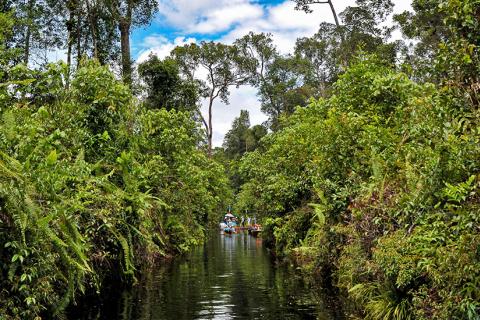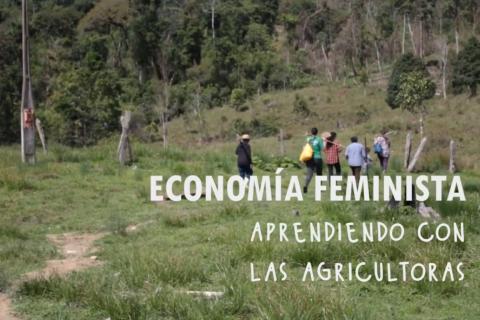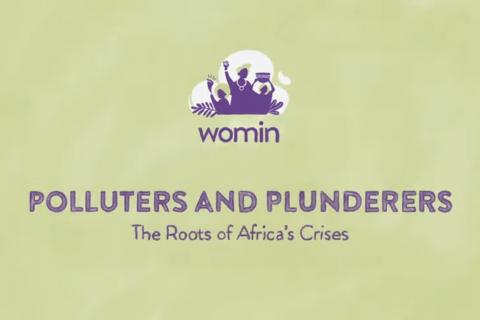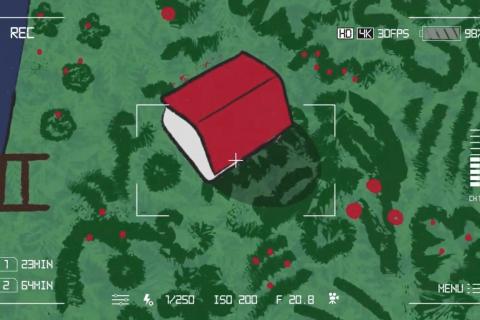With the title, ‘Ima Bote Madjacca: Madja Myths,’ anthropologist Rosenilda Nunes Padilha (Rose) has launched a book of the myths of the Madja people (also known as the Kulina).
Other information
An article from Mongabay news portal alerted the announcement of French oil giant Total Energies for developing a 40,000 hectare monoculture plantation in the savannahs of the Republic of Congo to offset its emissions.
The Gaia Foundation and other founding members of the African Earth Jurisprudence Collective- SALT in Kenya, AFRICE in Uganda, and EarthLore in Zimbabwe and South Africa, have produced three animated stories that explore the revival of land, water, seed and Earth-centred cultures by Indigenous and traditional communities in Uganda, Zimbabwe and Kenya. These decolonising stories demonstrate the immense value of Indigenous knowledge and practices and are living alternatives to the dominant industrial growth economy.
This video is produced by SOF Sempreviva Feminist Organization, in partnership with RAMA - Agroecological Network of Women Farmers of Barra do Turvo, from Brazil.
The WOMIN African Alliance released the first in a series of animated short films. This animation tells the story that rural, peasant and working-class communities across the African continent have confronted from the start of colonisation to the present neoliberal capitalism.
Get to know the threats of Agriculture 4.0. and the possible resistance of peasant women. As the technological titans come to the countryside—with robots, mapping, data extraction, persuasion and espionage—they meet the peasant resistance: wisdom, experience, exchange and respect for nature. An animation by Red Tecla, together with the Global Women’s March, the ETC Group and REDES—Friends of the Earth Uruguay, tells us this story.
Offsetting scams are the new climate denial… and it has dangerous consequences. Greenpeace released this short video to highlight how French oil giant Total claims they’re committed to a clean energy future, but they are trying to drill for oil in a pristine forest in the Republic of Congo - home to many indigenous communities. See the video here.
The report, “Violence against the Indigenous Peoples of Brazil—2020,” published annually by the Indigenous Missionary Council of Brazil (CIMI, by its Portuguese acronym), reflects the image of tragic year for the country’s native peoples.
The Oilwatch Latin America network released this statement in October 2021 to stress the urgency of ensuring that fossil fuel energies remain underground.
The Mekong/ASEAN Environmental Week (MAEW) is an annual regional platform and process for deeper sharing among people in the region of Southeast Asia, where key actors can exchange, analyze and debate on emerging issues that significantly affect them. This year the focus was on “Redesign ASEAN: Peoples' Voices in World Crises." Discussions covered the environmental situation as well as the economic, political, and other aspects that impact the region and its people.
In a recent publication, the Ecuadorian organization, Acción Ecológica, reveals how the extraction of balsa wood has affected Amazonian indigenous territories—impacting both the social fabric and the forests in the foothills of the Andes Mountains (including the Cuyabeno Wildlife Reserve). The balsa wood “boom” is a result of the Chinese wind industry, since China is the country that has built the most wind farms in recent years. The publication also addresses how the balsa wood business is structured in Ecuador, as well as its main producers and exporters. Read it in Spanish here.
An excerpt from a forthcoming book entitled “Climate Opium” explores how we are overdosing on false solutions to climate change, so much that the biggest mammals on earth are being forced into carbon pricing schemes.











